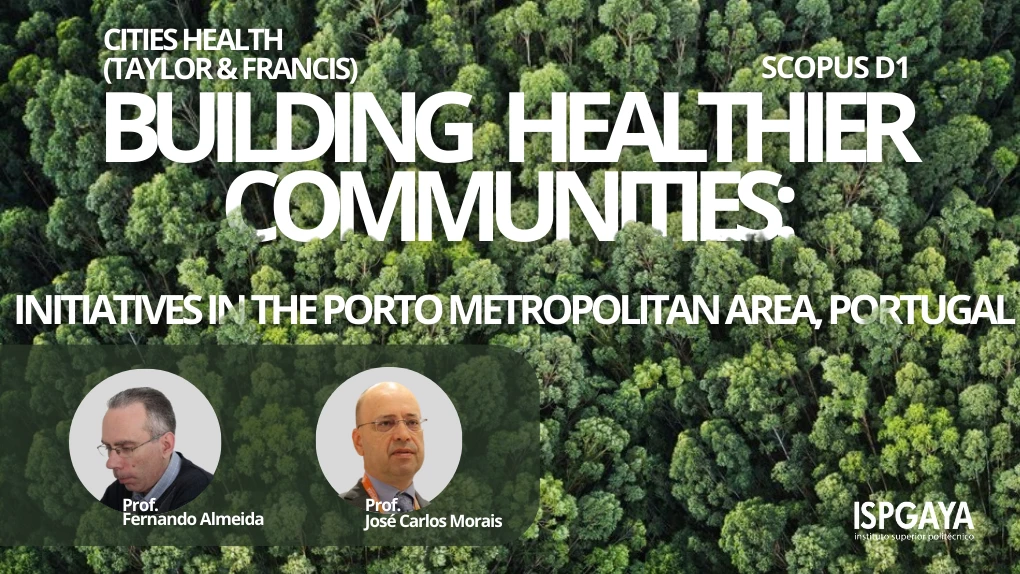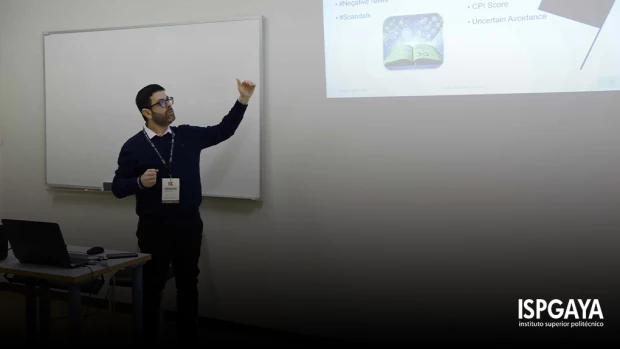Building healthier communities: initiatives in the Porto Metropolitan Area, Portugal

This study investigates metropolitan-level initiatives in the Porto Metropolitan Area, located in northern Portugal, aimed at fostering healthy and sustainable communities. It maps 41 ongoing municipal projects and analyzes their key thematic areas. In addition to identifying focus areas, the study explores the governance models behind these initiatives, with particular attention to citizen participation and intersectoral coordination. It also examines how local authorities mobilize resources and implement policies, while assessing the integration of Sustainable Development Goals 3 and 11 (SDGs 3 and 11). Employing a qualitative approach through a thematic analysis, and using a comparative framework analysis, this study identifies strong thematic convergence around civic participation, social inclusion, well-being, and environmental sustainability. These elements emerge as key pillars of sustainable development, supporting systemic action across all levels. Citizen participation proves to be a strategic governance tool, requiring structured mechanisms like participatory budgeting. The study also highlights the role of stakeholders, especially schools and companies, in scaling good practices and stresses inclusive policies to reach vulnerable groups. It concludes by advocating for collaborative local governance capable of effectively coordinating diverse actors and promoting equitable, sustainable outcomes.


